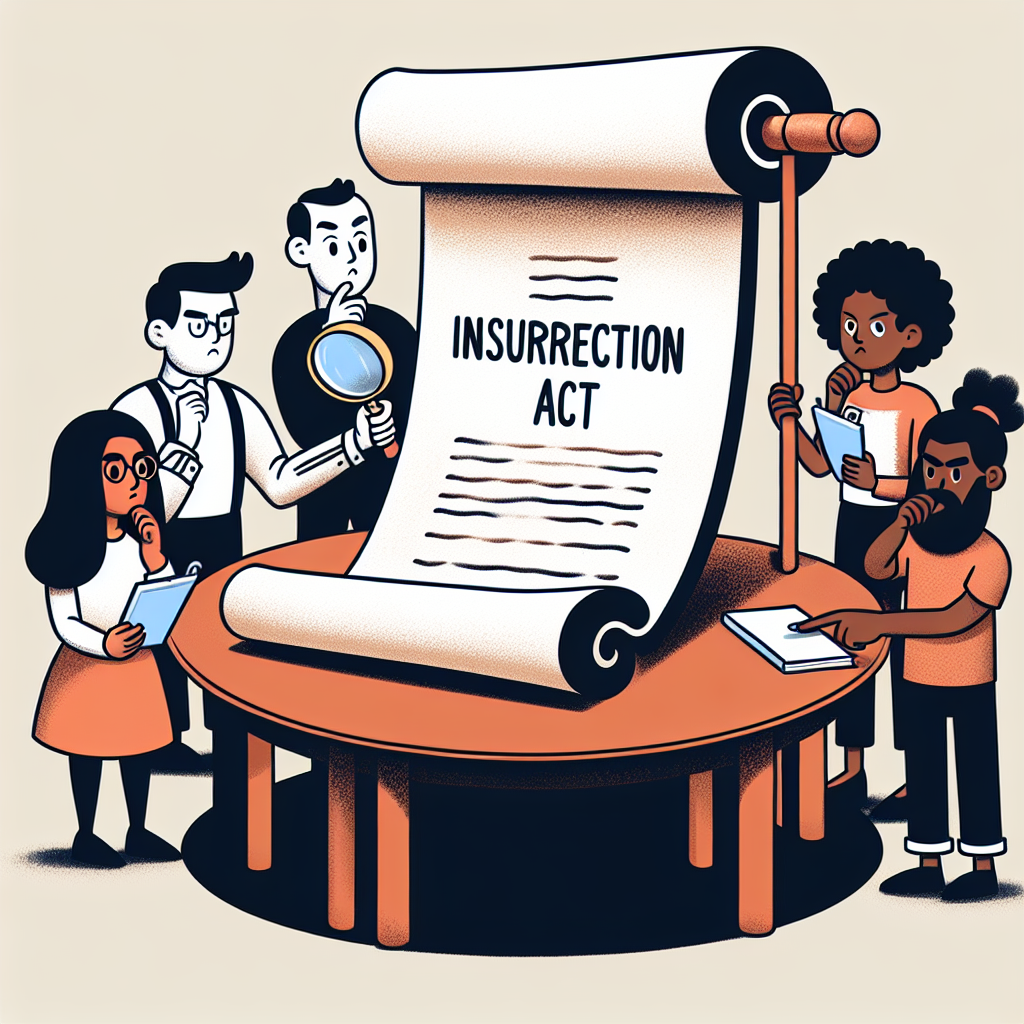Trump's Insurrection Act Gambit: A Controversial Power Play
Amid escalating tensions over the deployment of National Guard troops, President Trump considers invoking the Insurrection Act. This move, aimed at deploying federal troops in Democratic-led cities, faces legal and political opposition. Critics argue it's an unprecedented expansion of presidential power, raising concerns about its implications.

In a bold and contentious move, President Donald Trump has raised the possibility of invoking the Insurrection Act to deploy federal troops to Democratic-led cities, intensifying debates over the extent of presidential authority. This centuries-old law has only been utilized in extreme circumstances and usually with the support of state governors.
The president's suggestion has galvanized both political and legal pushback from local officials and civil liberties groups. Critics claim that Trump's actions mark an alarming escalation in his efforts to assert governmental power against political adversaries. A swell of federal forces has already descended on areas like Chicago and Portland, where local protests have generally remained peaceful.
Legal experts and former military officials like Randy Manner have expressed concern about such moves, citing potential shifts towards dictatorial governance. Meanwhile, governors and city leaders continue to challenge these deployments, arguing that Trump's claims of lawlessness are exaggerated and politically motivated. Ongoing legal battles seek to counteract what many perceive as an overreach of presidential powers.
(With inputs from agencies.)
ALSO READ
Legal Battle Unfolds Over Federal Troop Deployment in Chicago
Trump Alleges Portland Insurrection Amid Calls for Troop Deployment
Legal Battle Over Trump’s Troop Deployment in Chicago
Illinois Challenges Deployment of Federal Troops in Chicago
Tensions Mount in Chicago as Federal Immigration Tactics Intensify










